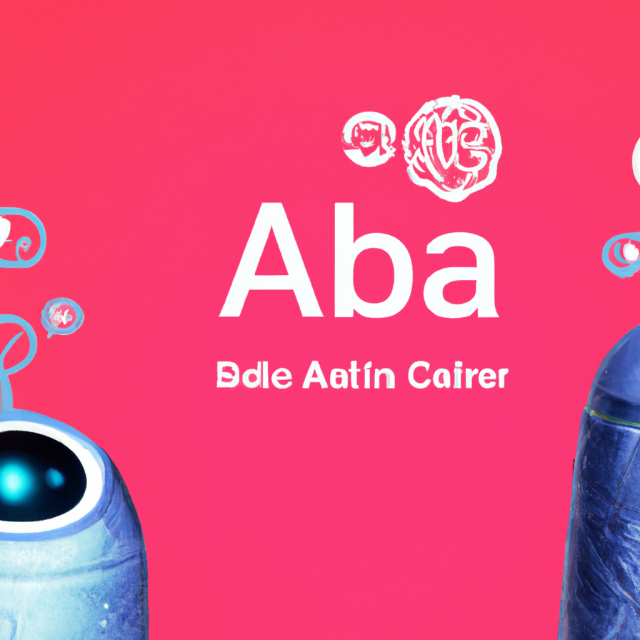The rate of development of the generative AI world is so quick that startups frequently launch new initiatives that take advantage of large language models (LLMs). The newest endeavor to make money off of AI hails from Mindverse AI, a startup based in Singapore. This business is constructing an API connection, or what CEO Fangbo Tao refers to as a “grounding layer”, for businesses to produce advanced agents with its own operational memory and a variety of capabilities through OpenAI’s GPT series.
Mindverse’s AI agents similar to ChatGPT have attracted early users, comprising of an unnamed platform inside the Alibaba corporation; Cider, an apparel startup which is evaluating the virtual assistant (which is backed by a16z); and Hooked, a web3 educational platform that is using the AI agent from the startup to direct its audience through the website.
It is not unexpected that Mindverse is almost finished collecting an investment of $10 million due to its pull and the attraction of investors towards conversational AI. Investors are probably comforted by Tao’s background in working with AI programs at well-known technology firms in China and America. Tao was working at Facebook, forming its content understanding platform, when he decided to move to Hangzhou to start an AI research center at Alibaba. Eventually, he created his own company.
In Mindverse’s most recent funding round, Sequoia China served as the lead investor, with Linear Capital, K2 Venture, Yinxinggu Capital, and Plug and Play also coming together to raise $7 million, resulting in a company valuation of $45 million.
Mindverse offers customers the ability to fashion specialized intelligent robots for their respective fields. When someone searches an ecommerce page that is operated with help from Mindverse, they will be welcomed by a chatbot that has taken in all relevant information regarding the stores goods. For example, if someone inquirers about clothing for a beach vacation, the bot searches the shop’s goods and puts forward various selections to the enquirer.
The shopping agent is programmed to interact with users in a naturalistic way. It is able to make comparisons between products and provide additional options if the initial recommendations do not fit the user’s preference. As a result, the bot is able to adapt and learn from conversations in real time.
Mindverse can be employed to build a virtual counselor that helps book hotels by merely asking simple questions such as, “I’m intending a journey to San Francisco with my partner.” The destinations displayed by the tool will be based on both the person’s and the partner’s preferences rather than merely the common tourist attractions.
Tao proclaimed that accessing web data in this manner is completely distinct from the era of AI before generative technology was introduced.
Previously, users interacted with data sources by using programs or a graphical user interface (GUI). We are now introducing an assistant or operator to assist the GUI… AI is being trained to autonomously comprehend the API, documentation, data sources and guidelines that it’s fed so the assistant can obtain expertise geared to the business scenarios and offer dynamic direction of those depending on the user’s complex intention, he outlined.
He went on to point out that existing recommendation algorithms are highly dependent upon past data and do not allow you to indicate your desires. Typically, what you click onto or purchase will determine what you observe. By contrast, through generative AI you are able to have a conversation with an AI agent who can understand your objective.
Although recommendation algorithms will not become completely useless, Mindverse’s agents have the capability to inspect and compare those recommendations with algorithms that take previous information into account. One good way to combine both of those methods is to add the algorithms as an API portion that can be adjusted with the user’s past decisions. This can also be done for other common functions of software and these can be integrated into AI agents as APIs, the creator noted.
Tao commented that the AI agent operates on a more advanced stage. Through interactions with customers, it can utilize the referral and search capabilities fully to map out the most advantageous way to use the backend data.












